Recently, we were asked by Johannesburg Inner City Partnership (JICP) on behalf of the Makers Valley Collective to partner with them on a unique proposal for Creative Placemaking. The proposal was solicited by the U.S. Consulate in Johannesburg and asked for local organizations on the ground to propose work supporting inclusive growth in South Africa:
The Makers Valley Collective is a group of Makers and civic innovators committed to experimentation, overcoming barriers, and working on practical and ‘glocal’ solutions towards urban renewal and greater community wellbeing.
There are three pillars to the work proposed:
- Clean and Safe Inner City
Prototype public and public-private waste management systems (including bins, collection and street cleaning) that correspond with peoples’ current behavior and minimize the build-up of waste. Prototype ‘corner security hubs’ and other hard-infrastructure that support block-by-block safety using soft-infrastructure systems – local residents and volunteer ‘marshalls’, amongst other ideas that will arise from the community design thinking process. - Productive Inner City
Pair experienced ‘makers’ with local unemployed youth identifying themselves as future makers. Conduct skills development workshops in the form of short courses based around the designing and prototyping of solutions to commonly-experienced problems. Local makers generate an income in the process, gain experience and boost their entrepreneurial ability and employability. - Inclusive Inner City
Train and mentor Makers from diverse walks of life so they know how to bring their products to as broad a market as possible and also-depending on demand-scale up to manufacturing status when they are ready. This includes workshops on how to find financing through microgrants and other low-cost mechanisms.
Our role here was to serve as strategic advisor to the on the ground team at JICP. What makes this proposal particularly strong is that it includes ways to activate the city, turn young people into Makers, and work with makers to build pathways to more financial stability. Financial stability is impossible without housing stability and the JICP proposal recognizes this explicitly, calling it “the elephant in the room.”
 Elephant in the Room: Using Makers to Address Critical Gaps in Affordable Housing
Elephant in the Room: Using Makers to Address Critical Gaps in Affordable Housing
Part of the work proposed includes having local Makers work to build low-cost housing to address Johannesburg’s critical housing shortage.
Like the U.S., South Africa has re-urbanized at a rapid pitch which has led to rapid gentrification of its cities. But there is not sufficient housing for all of its citizens, particularly low-income people moving into Johannesburg from rural areas. Our partners in South Africa call this “the elephant in the room”, by which they mean that it is hard to build a clean, safe, productive, and inclusive inner city without proper housing, especially as rising property prices and gentrification are forcing the poor out of the inner city. The JICP and Makers Valley Collective hopes to work with 495 City project to prototype solutions to the housing crisis. This includes experimenting with new forms of housing suitable for inner-ring suburbs built to a footprint of 495 square meters in a modular fashion. A separate initiative empowers home ownership through the conversion of subdivided rental housing into shared ownership in a not-for-profit company, in the form of an innovative rent-to-buy scheme. At no additional financial cost to them, residents can become shareholders in the company that owns the property and expand their portfolio, benefiting from rising property prices in the area.
We saw a similar initiative in Santa Fe, NM where Zane Fischer, who was instrumental in the creation of Make Santa Fe, is at the forefront of the “tiny houses” movement through a company he started called Extraordinary Structures. Watch his TedX talk here:
As the project gets funded, we look forward to traveling to Johannesburg to work with the community and extant team there. This work builds on the writing and work we did in the Maker City book around tactical urbanism and also Peter Hirshberg’s involvement in Market St. Prototyping from the very beginning.
Likewise, it builds on Marcia Kadanoff’s work in low-income housing through TNDC.
To learn more about the housing crisis in Johannesburg:
- Affordable Housing Crisis in Johannesburg
- South Africa Urgently Needs to Rethink its Approach to Housing
We’ll keep you updated as this project gets the funding it needs to progress from strong concept to reality.


